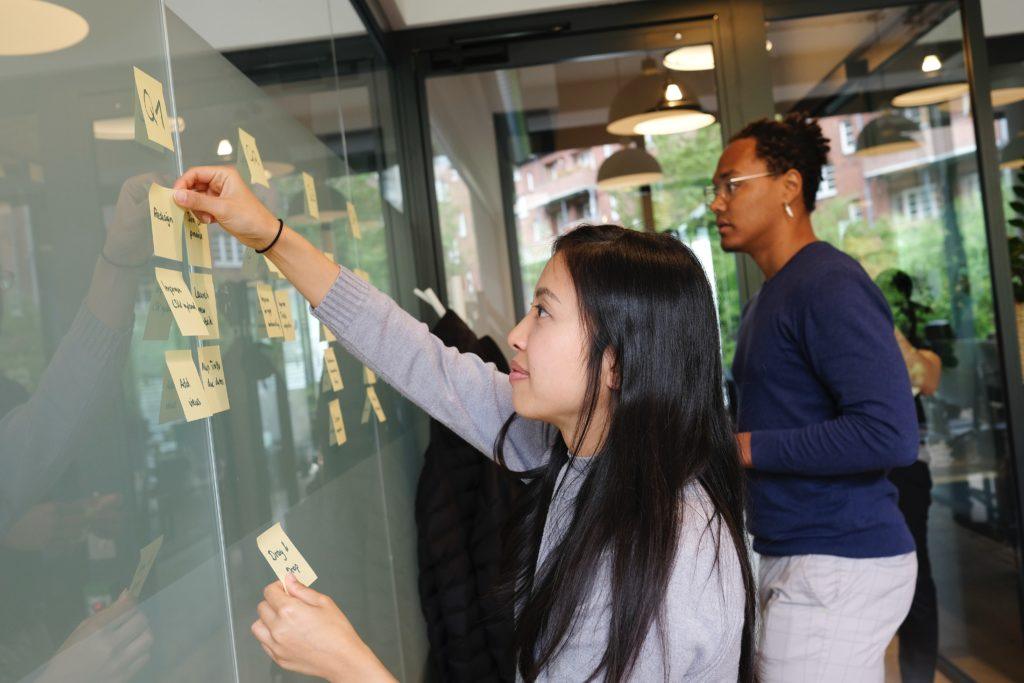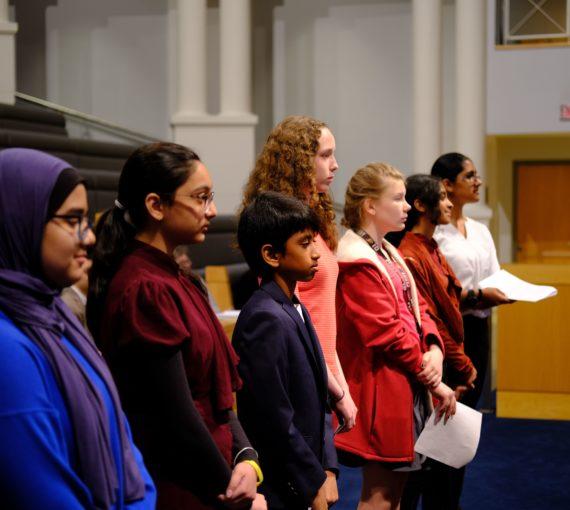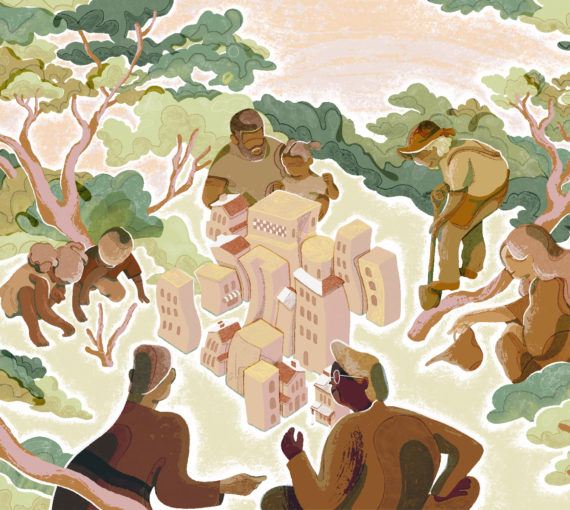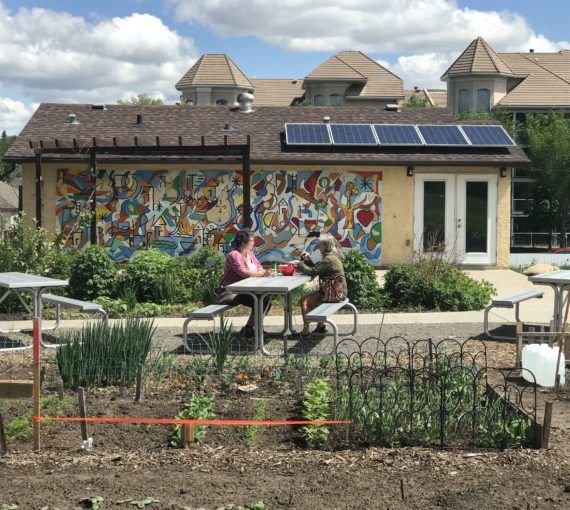
Once you understand your local climate plan, you’ll be better prepared to work with your local government on climate action. (Photo: airfocus via Unsplash)
Government can seem complicated from the outside. It’s a much bigger institution than most of us are used to dealing with and can be intimidating to navigate. However, when we navigate it successfully, we can make much bigger changes than we can through our work, school or personal networks.
Rules for working with governments
No matter what level of government you are working with, these basic rules (courtesy of Andrea Reimer, former Vancouver city councillor and current adjunct professor of practice at UBC’s School of Public Policy and Global Affairs) apply:
1. Target the correct level of government
The first principle of navigating government is to make the most efficient use of your time and everyone else’s. To do that, you want to target the level of government that can take the action you want to see. If you ask the wrong level of government to take action, you’ll waste your time and you might lose an ally who wants to support you but can’t act in the way you’re asking.
Each level of government — national, provincial, regional and municipal —has specific levels of responsibility, which are outlined in a country’s constitution. Canada has a federal system of government, which means it puts less priority on national uniformity on some issues in order to accommodate diverse policy responses provincially and locally. This means provinces have more power in Canada than they do in many other countries. The provinces in turn can decide to transfer some of these powers to regional and municipal governments.
Generally, most municipalities in Canada have the authority to regulate land use, streets, sidewalks and building height, density and design. They also provide community services such as recreation and libraries, as well as utilities such as water, sewage and solid waste management. Because they have partial or full control over some key drivers of climate change — buildings, transportation, land use and waste — municipal governments can be good targets for climate action.
For more information on how local governments work, check out these resources:
2. Know your ask
The most common mistake advocates make when meeting with local officials is to clearly outline the problem but not the solution they are seeking (we’ll call this “the targeted ask”). Before you meet with your local representative, practice articulating what you want, not just what you don’t want.
3. Leverage their priorities and interests
It’s easiest to convince someone to champion a solution if it’s something they already want to do. How does your ask fit into your council member’s existing priorities? You can find out what those are by checking out:
- their social media sites and website
- media articles about their work on council and in the community
- motions they’ve brought forward to council
One of the best ways to find more information is by talking to people who know the council member either personally or through their work. This includes city staff, who can be invaluable sources of information about council members’— and council’s — priorities.
It’s also a good idea to identify the most climate-progressive councillors and ask them which other councillors are climate progressive or could be persuaded.
4. Mobilize the people who influence them
We all have people who influence us, whether through proximity or because they have knowledge we lack. Knowing who influences the council members you want to work with is important for two reasons. First, they can help you advance your solutions. Second, they could use their influence to prevent your solutions if they don’t know about them or don’t agree with them, so it’s best to keep them informed.
5. Build public support
Government’s job is to serve the people, so you need to demonstrate public support for the solutions you’re proposing. If you’re working to change municipal government policies, you’re likely already part of a group of supportive people. The key is being able to demonstrate that support. You might need some creative strategies to show the diversity of your supporters.

How to demonstrate public support for your solutions
- Support diverse community members or groups to provide deputations when council is considering important motions. (Note that 10 people representing 10 different lived experiences have greater impact than 100 people from the same background.)
- Support diverse community leaders to write opinion pieces or letters to the editor for local newspapers or online media.
- Consider music and other creative approaches to spreading the message. These can leave a lasting impression.
- Develop shared key messages with a range of groups to inform their municipal campaigns.
- Run an email-your-councillor campaign to help residents talk to their elected officials. (Note that 10 letters of original material are far more memorable than hundreds of form emails.)
- Host information sessions for a range of audiences so they can learn about your proposed solutions and you can understand their perspectives on how they can be strengthened.
Above all else, be respectful
Building a good relationship with a member of a municipal government involves all the same rules as building a relationship with anyone. Show up on time and thank them for their time. Don’t just tell them what they’re doing wrong; tell them what they’re doing right as well. Be patient: relationship-building takes time. And remember that people can tell if you don’t respect them. If you really believe that a member of council is not worth your time, it’s better not to spend it with them.

Youth Climate Infiltration Manual
The Youth Climate Lab’s Climate Infiltration Manual aims to demystify municipal government structures and provide youth with practical knowledge on how to take local climate action. It covers a range of topics, including local government structures, gathering community support and presenting an initiative to council. It also includes email, meeting and petition templates.
“Although energy around local climate action is growing, municipal government structures are daunting for most people, and particularly youth. The Infiltration Manual is an exciting new resource that meets youth where they’re at, equipping them with tools and knowledge to understand and influence local climate policy.” — Youth Climate Lab

Want support for your local climate action initiative? Join the Future Ground Network, where you can connect with other organizers to share best practices, find inspiration, and work together to achieve common goals. Network members will have access to free training and digital tools to help mobilize their communities and amplify their voices.
This resource is part of Your voice at the table: A guide to mobilizing local government climate action. Learn to work with your local government so you can build a healthy, sustainable, resilient future together.



